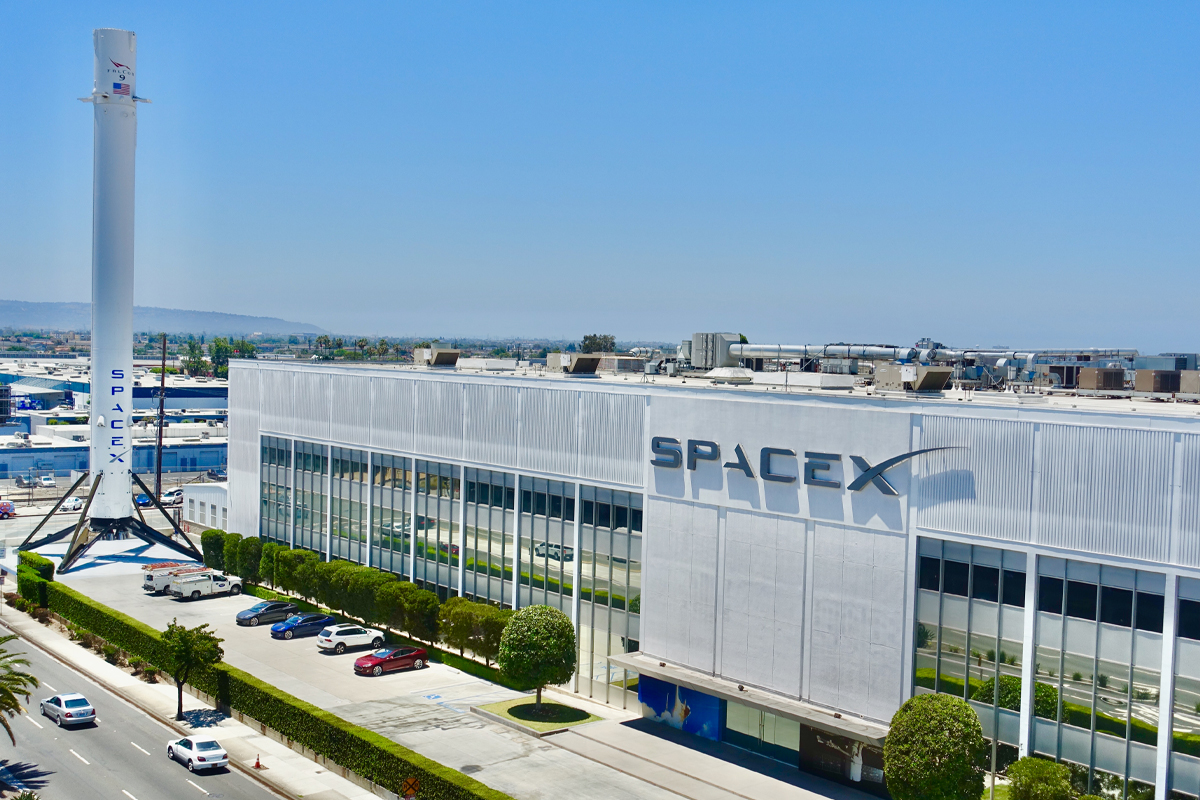Science News Roundup: How a Chinese rocket failure boosted Elon Musk's SpaceX in Indonesia; Scientists discover the anatomy behind the songs of baleen whales and more
Patient is able to move a mouse around the screen by just thinking," Musk said in a Spaces event on social media platform X. Hong Kong scientists seek good fortune for endangered horseshoe crabs Hong Kong conservationists on Wednesday began underwater tracking of endangered horseshoe crabs, which date back to before the dinosaurs, in a bid to help them survive the perils of modern life.

Following is a summary of current science news briefs.
Scientists discover the anatomy behind the songs of baleen whales
It is one of Earth's most haunting sounds - the "singing" of baleen whales like the humpback, heard over vast distances in the watery realm. Now scientists have finally figured out how these filter-feeding marine mammals do it. Baleen whales - a group that includes the blue whale, the largest animal in Earth's history - use a larynx, or voice box, anatomically modified to enable underwater vocalization, researchers said on Wednesday. They have evolved a novel structure - a cushion consisting of fat and muscle that sits inside the larynx, the researchers said.
How a Chinese rocket failure boosted Elon Musk's SpaceX in Indonesia
When a Chinese rocket malfunctioned shortly after launch in April 2020, destroying Indonesia's $220 million Nusantara-2 satellite, it was a blow to the archipelago's efforts to strengthen its communication networks. But it presented an opportunity for one man. Elon Musk - the owner of SpaceX, the world's most successful rocket launcher – seized on the failure to prevail over state-owned China Great Wall Industry Corp (CGWIC) as Jakarta's company of choice for putting satellites into space.
Neuralink's first human patient able to control mouse through thinking, Musk says
The first human patient implanted with a brain-chip from Neuralink appears to have fully recovered and is able to control a computer mouse using their thoughts, the startup's founder Elon Musk said late on Monday. "Progress is good, and the patient seems to have made a full recovery, with no ill effects that we are aware of. Patient is able to move a mouse around the screen by just thinking," Musk said in a Spaces event on social media platform X.
Hong Kong scientists seek good fortune for endangered horseshoe crabs
Hong Kong conservationists on Wednesday began underwater tracking of endangered horseshoe crabs, which date back to before the dinosaurs, in a bid to help them survive the perils of modern life. The spine-tailed sea creatures named for the shape of their body shells face numerous threats, including the loss of nursery beaches for baby crabs, entanglement in fishing nets and human exploitation for food.
Private US moon lander reaches lunar orbit ahead of touchdown attempt
A moon lander built by Houston-based company Intuitive Machines reached lunar orbit on Wednesday, heading for an attempt at the first U.S. touchdown on Earth's nearest celestial neighbor in more than 50 years, and the first ever by a private spacecraft. The six-legged robot lander, dubbed Odysseus, entered a circular orbit 57 miles (92 km) above the lunar surface after firing its main rocket thruster for nearly seven minutes in an orbital insertion maneuver, the company said in an online statement.










